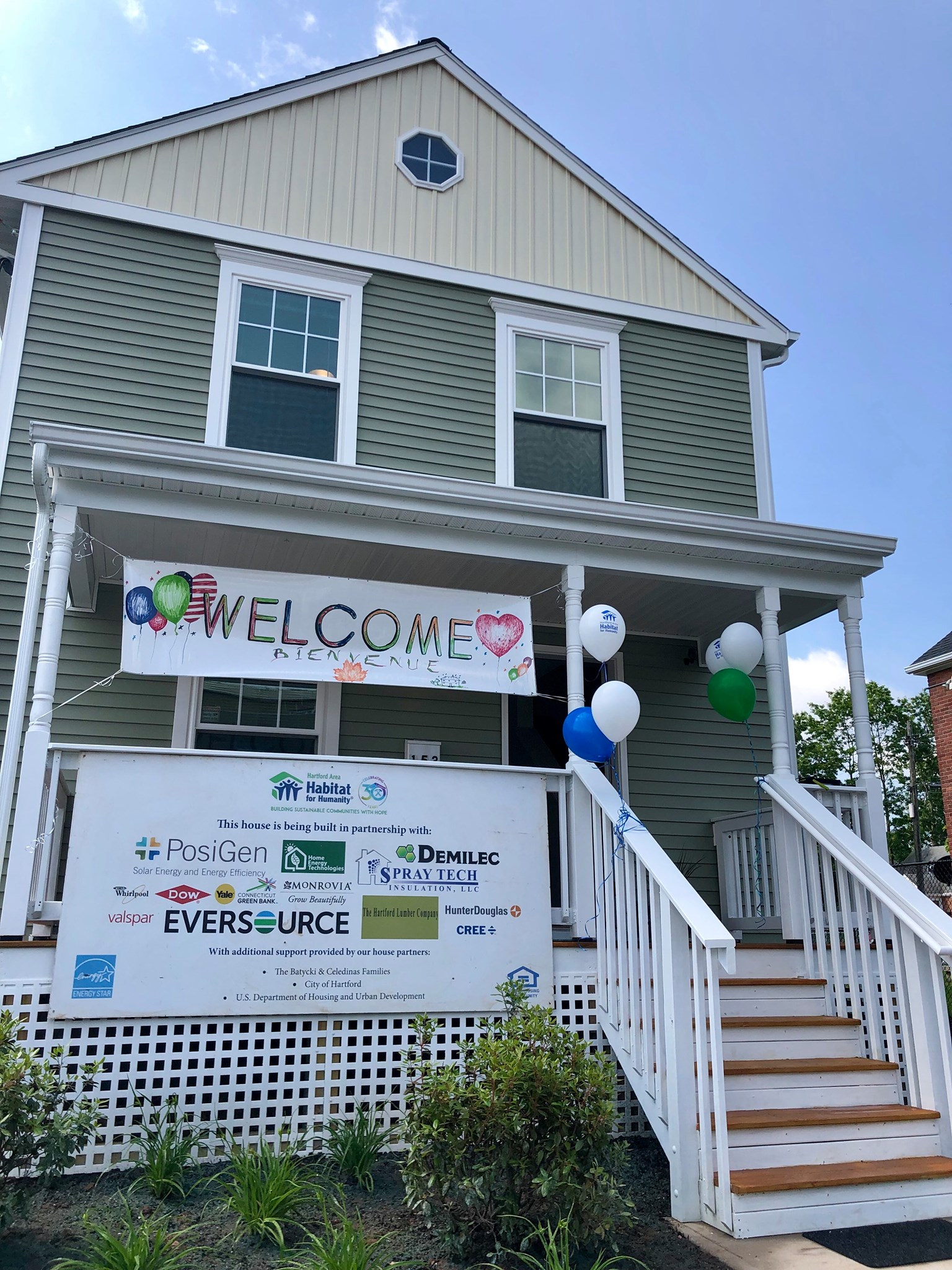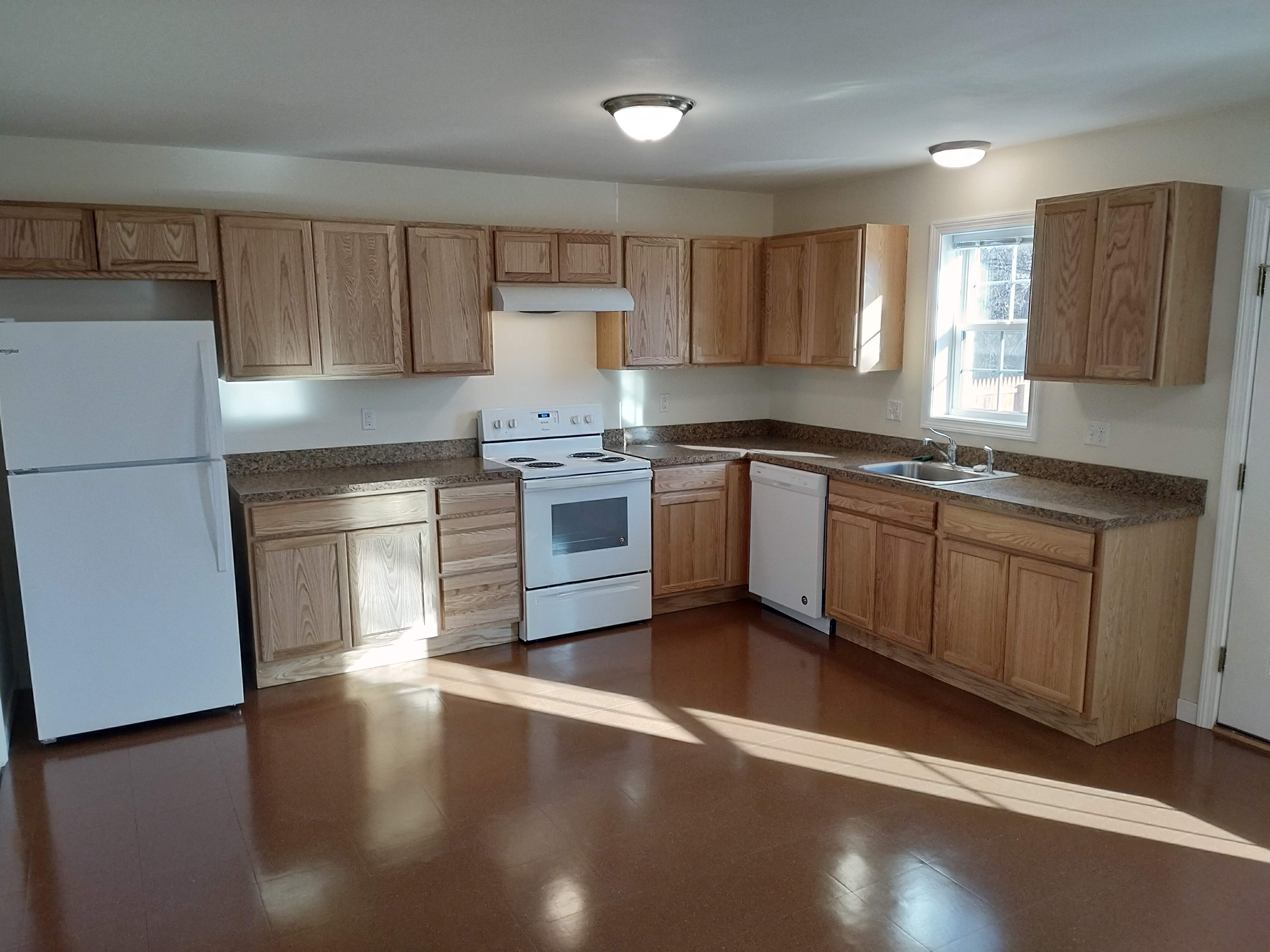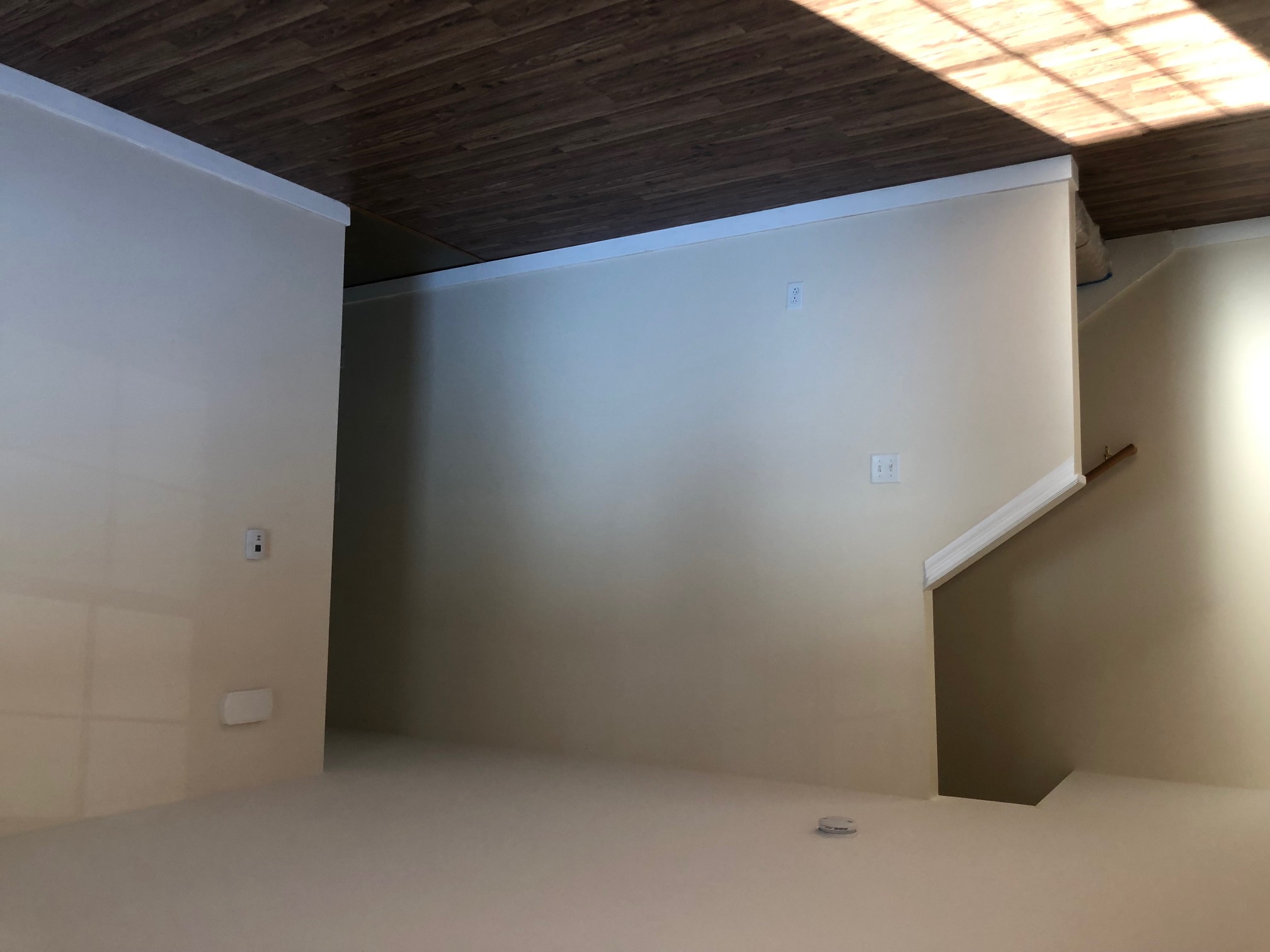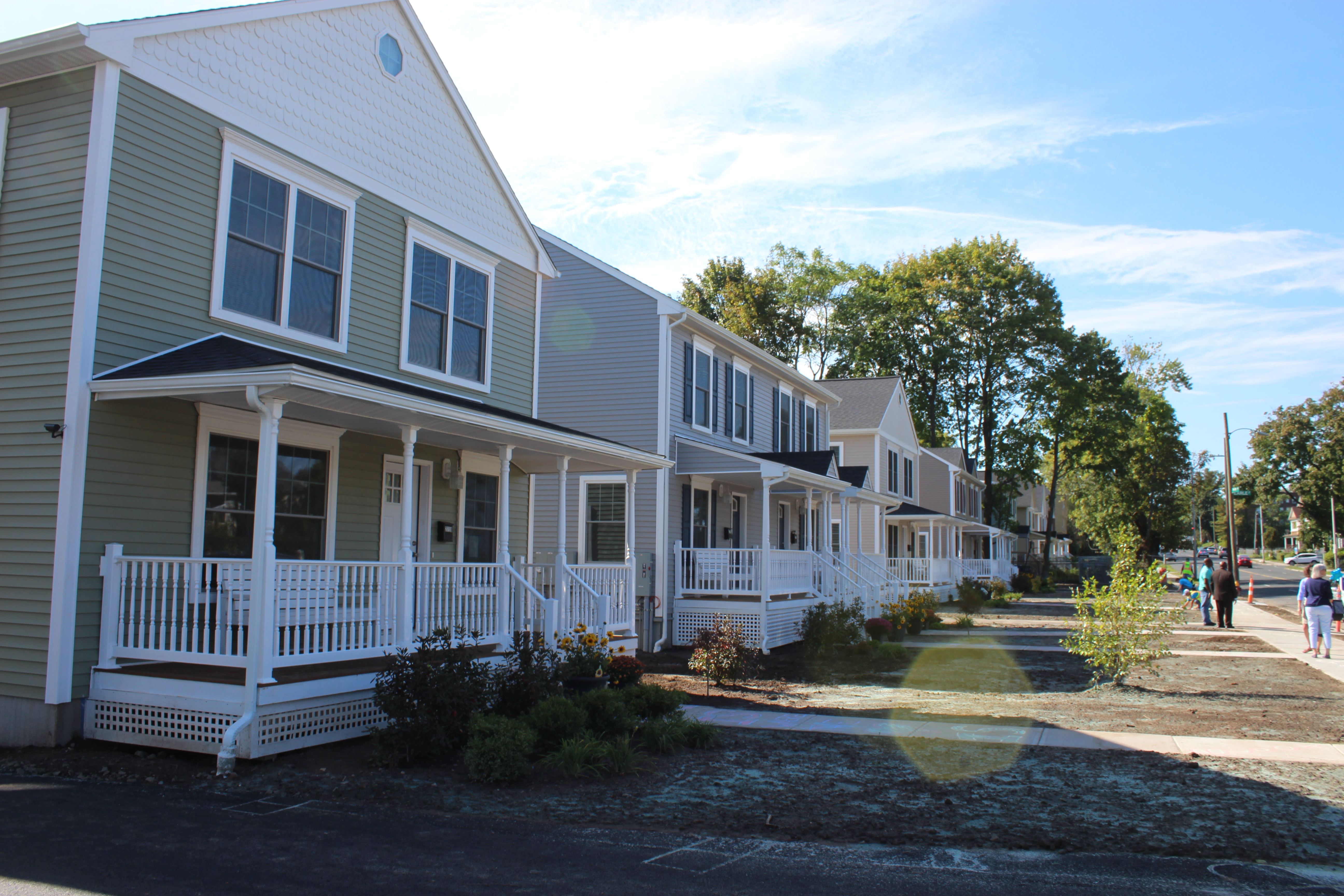Habitat for Humanity
Driven by the vision that everyone needs a decent place to live, Habitat for Humanity began in 1976 as a grassroots effort on a community farm in southern Georgia. The Christian housing organization has since grown to become a leading global nonprofit working in local communities across all 50 states in the U.S. and in more than 70 countries. Habitat homeowners help build their own homes alongside volunteers and pay an affordable mortgage. Through financial support, volunteering or adding a voice to support affordable housing, everyone can help families achieve the strength, stability and self-reliance they need to build better lives for themselves. Through shelter, we empower. To learn more, visit habitat.org.

Habitat for Humanity
www.hartfordhabitat.orgIn this month’s feature, we asked Sue Henderson, Habitat for Humanity International’s vice president of U.S. operations, and Kris McKelvie, director of construction at Hartford Area Habitat for Humanity to provide a national and local perspective on HERS® rated homes. Hartford Area Habitat for Humanity was recently recognized with the Connecticut Green Building Council’s Residential Award of Honor for constructing its first net-zero energy home with a HERS® Index Score of -7.
Q: What is special about a HERS® Rated home?
A: Sue: The Home Energy Rating System (HERS) Index is an incredibly valuable tool to local Habitat organizations across the country. As an affordable home builder, we recognize the cost of home doesn’t start and end with the purchase price – it includes utility and maintenance expense as well. Many local Habitat organizations use the HERS® Index as a tool to plan the most cost-efficient home for the up-front investment. Habitat also uses the HERS® Index as a way to talk about our work. The index has broad recognition as an indicator of efficiency; Habitat homes consistently post low indices, demonstrating our success in building truly efficient, quality homes.
Kris: I believe HERS® ratings help put the health and safety of a home in perspective for a prospective buyer or homeowner. It’s a great way to simplify the various methods of insulating, air sealing, and energy-efficient building into a numerical value that provides insightful information about the condition of a home and expected energy costs.
Q: Why should consumers ask for the HERS® Index Score on homes they are shopping for?
A: Sue: A home is usually the largest investment a family will make. Because the HERS® Index can help predict the cost of home use, we suggest that families and individuals use it to measure the real cost of ownership before making a final decision. Understanding home energy costs is an important part of an accurate monthly household budget, which is something that Habitat works closely with families to create prior to closing.
Kris: Prospective homeowners can observe the general condition of a home, but they don’t know how thorough the builder was in insulating and air sealing without a HERS® Index Score. This simple number provides insight on the level of comfort and cost savings found in a rated home that may not be otherwise disclosed.
Q: Why does Habitat for Humanity choose to have their homes HERS® Rated?
A: Sue: Our model at Habitat is to build simple, decent and affordable homes. We provide a hand up to families and individuals who would likely not be able to purchase a home. The HERS® rating is valuable to us as we work toward building sustainable and eco-friendly homes in an affordable way. Using the rating, we can ensure that the methods and materials selected for the home create an energy-efficient and healthy environment for our homebuyers, and keep costs low, and homes affordable. Additionally, third-party verification ensures that the methods and materials we use are properly implemented and will produce the desired results.
Kris: Hartford Area Habitat for Humanity intentionally builds safe and affordable housing for families. Having all of our homes HERS® rated holds us accountable for providing our families with comfortable housing and low energy costs. We use the rating information to educate our homeowners and to document that we are exceeding local building codes. HERS® ratings allow us to constantly evaluate and improve our building techniques.
Q: Why consumers should expect energy efficient homes?
A: Sue: Research, technology and wide-spread adoption have made energy-efficient features more affordable. In a growing number of scenarios, cost of implementation proves to result in energy and cost savings. Energy efficiency is becoming more widely available, economical to purchase, and results in long-term cost savings. This benefit should be expected in an investment as important as a home.
Kris: The world we live in is constantly changing with winters becoming colder and summers getting hotter. Energy-efficient homes make less of an impact on the environment, they allow families to live in comfort, and they decrease the expense to maintain the home. Consumers that want to save money, who care about the environment, and/or just want the security of a well-built home should expect to see these ratings before buying.
Q: How many homes does Habitat for Humanity build with HERS® per year?
A: Sue: Habitat for Humanity has more than 1,100 local organizations throughout the United States. Each of these local Habitats design and build homes according to the fit and local requirements in their communities. The vast majority of Habitat homes are highly energy efficient, and a large number are HERS® rated.
Kris: One hundred percent of Hartford Area Habitat for Humanity’s homes are HERS® rated. We build new homes and renovate existing properties averaging 10 to 12 houses a year. We partner with a local home energy rating company that helps us assess each property, recommends steps to improve the rating, and documents those accomplishments.
Q: How do you market HERS® Rated homes?
A: Sue: Local Habitat organizations market the Habitat program and their energy-efficient homes within their local communities and local markets through the local news media, via social channels, and through the Department of Energy’s Tour of Zero website and Housing Innovation Awards. While Habitat for Humanity International does not specifically mandate the HERS® Index, we do require local Habitat organizations to meet certain construction standards, which includes obtaining an energy-rating index, and third-party verification of energy efficiency and health features exceeding code.
Kris: Providing energy-efficient, environmentally-conscious products is a necessity these days. Sharing certifications like our HERS® ratings with supporters helps us demonstrate that the dollars they donate allow us to build and renovate homes that will make an impact not only on the families’ livelihood, but also the environment. It helps us build our brand by showing the greater community that Habitat for Humanity is a serious modern home builder. We take great pride in our work and we love to show how we are improving every year. This past year we built our first Zero Energy Ready Home, which received a HERS® rating of -7. This score helps show that even with volunteer labor you can build energy efficient housing.
Q: How do your customers feel about HERS® Rated homes?
A: Kris: The Walton family, who moved into the zero-energy home, was eager to learn about how their new home worked. Our staff takes the time to educate every family about their homes air exchange, climate systems, and general maintenance. Since our families help build the home they also get to learn about each component of the building envelope and better appreciate what makes a home energy efficient. Most of our families previously lived in apartments with inefficient heat systems, drafty windows, and expensive electric and fuel heating bills. To be able to move into a home with all LED light fixtures, Energy Star appliances, a high-efficiency heat system, and a well-insulated thermal barrier can be life changing. Now their family can be safe, comfortable, and not financially burdened.



